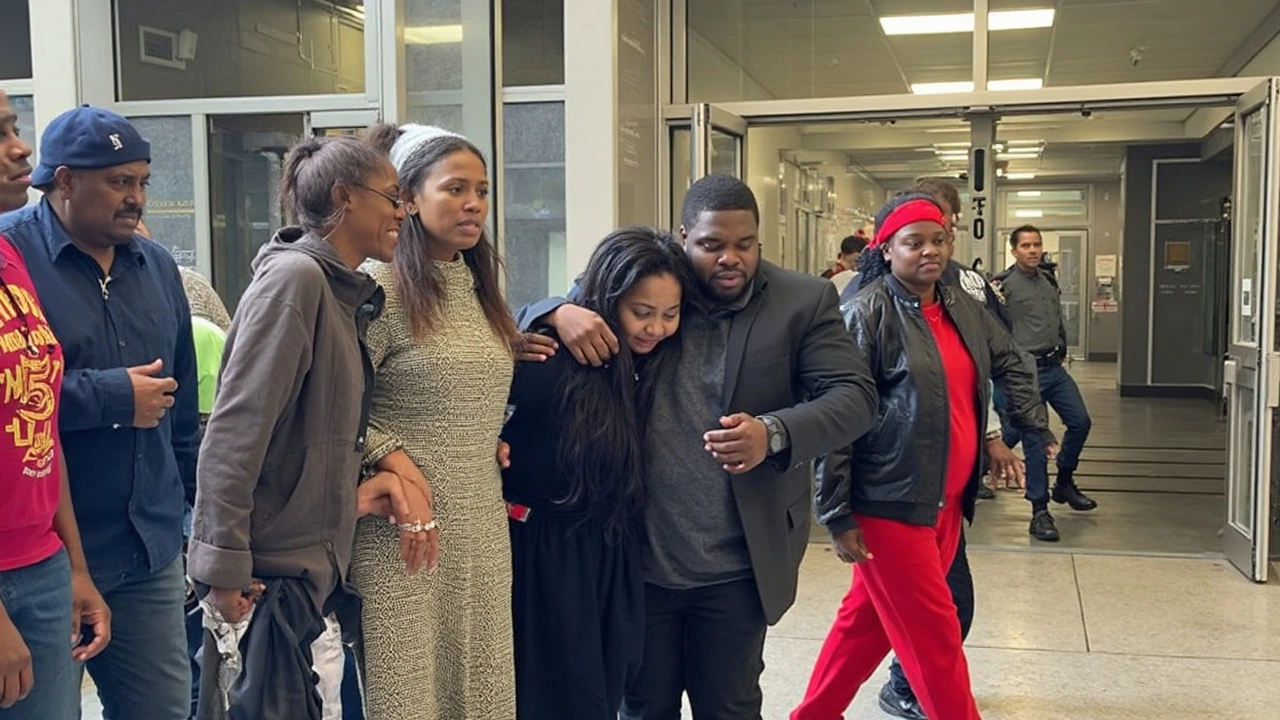When it comes to justice, stories often cover more than just courtroom dramas — they touch on transparency, fairness, and public interest. One recent example is the family of Sisonke Mbolekwa, a WSU student who died during a protest. They are challenging a court order that blocks media coverage of their case, fighting to keep the public informed.
Why does this matter? Courts usually balance privacy with public access, but when a family pushes for openness, it raises questions about how justice is served in the spotlight. Media coverage can help hold systems accountable and bring attention to vital issues, especially in cases with community impact.
Court rulings sometimes restrict the media to protect sensitive information or ongoing investigations. However, families and public advocates often argue that hiding details can limit accountability. In the WSU case, the family has filed affidavits explaining their view—that covering the trial openly is crucial for justice to be seen and understood.
This pushback highlights a bigger conversation around freedom of the press and the public’s right to know versus the need for privacy or safety. When media coverage goes unchecked, it can misrepresent or sensationalize. But when it’s blocked, we miss out on transparency.
Justice news is about more than just legal talk; it impacts communities, shapes policies, and influences how society values fairness. Staying informed helps you understand your rights and the challenges faced within legal systems. That’s why keeping track of cases like the WSU student’s and others matters — they reflect ongoing struggles around accountability and media freedom.
Here at Apple Tree Daily News, we give you clear updates on justice stories that matter, so you’re never left in the dark about what’s happening in courts and beyond.

The family of Sisonke Mbolekwa, killed during a WSU protest, has appealed a court's ruling that blocks media from covering proceedings in the high-profile case. They argue for transparency and submitted affidavits supporting open coverage, saying the earlier decision ignored their wishes.
Read More